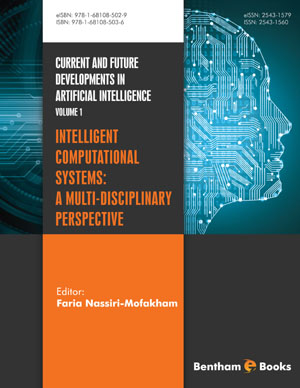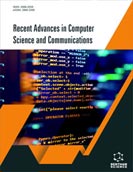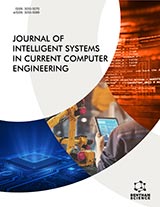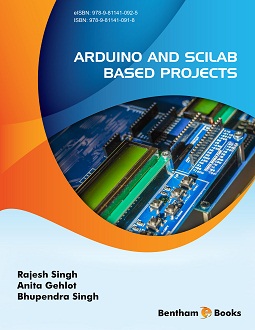Abstract
Multi-object estimation refers to applications where there are unknown number of objects with unknown states, and the problem is to estimate both the number of objects and their individual state vectors, from observations acquired by sensors. The solution is usually called a multi-object filter. In many modern complex systems, multi-object estimation is one of the most challenging problems to be solved for satisfactory performance of the dedicated tasks by the system. A wide range of practical applications involve multi-object estimation, from multi-target tracking in radar to visual tracking in sport, to cell tracking in biomedicine, to data clustering in big data analytics. In the past decade, a new generation of multi-object filters has been developed and rapidly adopted by researchers in various fields, that is based on using stochastic geometric models and approximations. In such methods, the multi-object entity is treated as a random finite set (RFS) variable (with random variations in its cardinality and elements), and the stochastic geometric-based notions of density and integration, developed in the new theory of finite set statistics (FISST), are used to formulate Bayesian filters for estimation of cardinality (number of objects) and state of the multi-object RFS variable. Examples of such solutions include PHD filter, CPHD filter and the recent trend of multi-Bernoulli filters. In many applications, the observations are acquired through a controlled sensing procedure, either by controlling a mobile sensor (e.g. in radars and visual surveillance) or by selecting a sensor node (e.g. in sensor networks). This chapter reviews the most recent developments in sensor management (control or selection) solutions devised for multi-Bernoulli solutions in various applications. It first presents basics of random set theory and formulation of the cardinality-balanced and labeled multi-Bernoulli filters. The most recent sensor-control and sensor-selection solutions that have been proposed by the authors and other researchers active in the field are then presented and comparative simulation results are discussed.
Keywords: Stochastic Geometry, Random Sets, Point Process, Finite Set Statistics, Multi-Target Tracking, Sensor Management, Sensor Selection, Sensor Control, Multi-Bernoulli Filter, OSPA, PEECS.






















